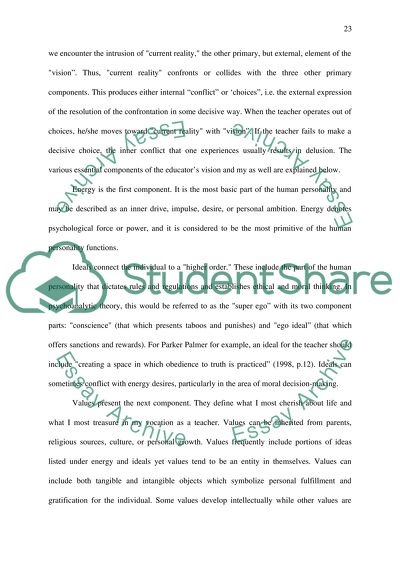Cite this document
(“The Refector Educator Essay Example | Topics and Well Written Essays - 7250 words”, n.d.)
Retrieved from https://studentshare.org/education/1500727-the-refector-educator
Retrieved from https://studentshare.org/education/1500727-the-refector-educator
(The Refector Educator Essay Example | Topics and Well Written Essays - 7250 Words)
https://studentshare.org/education/1500727-the-refector-educator.
https://studentshare.org/education/1500727-the-refector-educator.
“The Refector Educator Essay Example | Topics and Well Written Essays - 7250 Words”, n.d. https://studentshare.org/education/1500727-the-refector-educator.


